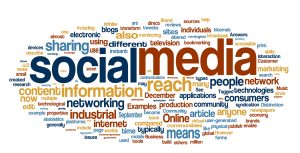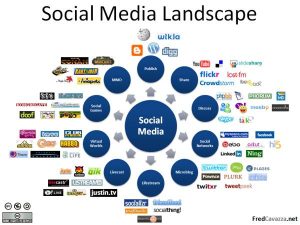The United States has long been at the forefront of scientific innovation, particularly in the realm of biotechnology. With a rich tapestry of research institutions, pioneering companies, and a robust regulatory framework, the US continues to spearhead groundbreaking advancements in gene editing, pharmaceuticals, and medical technology. Unraveling the Code of Life One of the most
The United States has long been at the forefront of scientific innovation, particularly in the realm of biotechnology. With a rich tapestry of research institutions, pioneering companies, and a robust regulatory framework, the US continues to spearhead groundbreaking advancements in gene editing, pharmaceuticals, and medical technology.
Unraveling the Code of Life
One of the most revolutionary breakthroughs in biotechnology has been the advent of gene editing tools like CRISPR-Cas9. This technology allows scientists to precisely alter DNA, offering unprecedented opportunities in treating genetic disorders, enhancing crop resilience, and potentially even eradicating certain diseases. In the US, companies and research institutions have made remarkable strides in harnessing CRISPR technology. From therapeutic applications aimed at curing genetic diseases to agricultural innovations that promise more sustainable food production, American scientists are at the vanguard of these transformative endeavors.
Redefining Treatment Paradigms
The pharmaceutical landscape in the US has been marked by continuous innovation. Companies are leveraging cutting-edge biotechnological techniques to develop novel drugs that target specific disease mechanisms with enhanced efficacy and fewer side effects. The emergence of biologics, drugs derived from living organisms, has revolutionized treatment approaches. Monoclonal antibodies, for instance, have transformed the management of various diseases, including cancer and autoimmune disorders. Furthermore, the development of personalized medicine, tailoring treatments to an individual’s genetic makeup, promises more effective and targeted therapies.

Image By:https://www.actionhealthinc.org
Enhancing Healthcare Delivery
Advancements in medical technology have reshaped healthcare delivery, improving diagnostics, treatment, and patient outcomes. The integration of biotechnology into medical devices has led to groundbreaking innovations, such as implantable devices, diagnostic tools, and regenerative medicine solutions. In the US, companies have been instrumental in driving these advancements. From wearable devices that monitor health parameters in real-time to 3D-printed organs that offer hope for transplantation, American innovators are pushing the boundaries of what’s possible in healthcare.
Balancing Innovation and Safety
The US regulatory environment plays a crucial role in fostering innovation while ensuring the safety and efficacy of biotechnological products. Regulatory bodies like the Food and Drug Administration (FDA) oversee the development and approval of biotech products, maintaining rigorous standards to safeguard public health.
While the regulatory process aims to streamline approval timelines, it necessitates a delicate balance between expeditious innovation and thorough safety evaluations. Striking this balance is crucial to support rapid advancements while upholding the highest standards of safety and efficacy.
Challenges and Ethical Considerations
Amidst the remarkable progress, biotechnological advancements also raise ethical and societal considerations. The ability to manipulate genes raises questions about the ethics of altering the human genome and the implications of such interventions on future generations. Additionally, access to advanced therapies and technologies poses challenges related to affordability and equitable distribution. Addressing these challenges requires a multidisciplinary approach involving scientists, ethicists, policymakers, and the public. Robust discussions, ethical guidelines, and inclusive decision-making processes are essential to navigate the ethical dimensions of biotechnological innovations responsibly.
Collaborative Innovation and Global Impact
The future of biotechnology hinges on collaboration, both domestically and internationally. Collaborative efforts among academia, industry, and government entities foster a fertile ground for innovation. Moreover, global cooperation is paramount in addressing pressing challenges such as infectious diseases, climate change, and food security through biotechnological solutions. As the US continues to lead the charge in biotechnological advancements, it assumes a pivotal role in shaping the global landscape of innovation and healthcare. By embracing responsible innovation, fostering collaboration, and addressing ethical considerations, the nation can further solidify its position as a beacon of progress in biotechnology.

Image By:https://wsjbcm110.wordpress.com
Conclusion
The trajectory of biotechnological advancements in the United States is marked by groundbreaking discoveries, transformative therapies, and a commitment to improving human lives. From unraveling the intricacies of the human genome to redefining healthcare paradigms, the US remains a powerhouse in biotechnology, propelling scientific frontiers and offering hope for a healthier, more sustainable future. As the journey continues, responsible innovation and ethical stewardship will remain integral in harnessing the full potential of biotechnological advancements for the betterment of humanity.

















Leave a Comment
Your email address will not be published. Required fields are marked with *